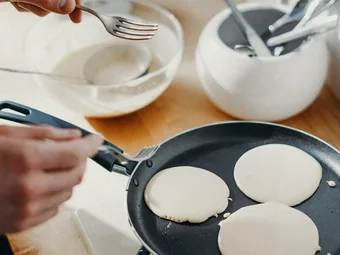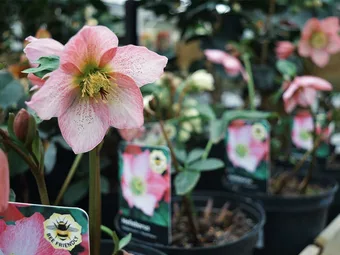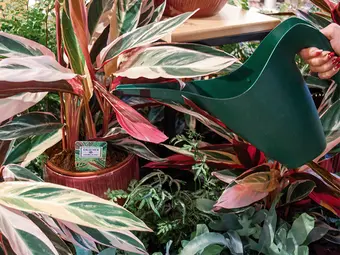Making Your Own Compost
When making your own compost, there are a few aspects to consider to ensure your compost breaks down well and becomes the perfect compost for your plants. Homemade compost is invaluable in the garden, meaning you can use it as a mulch, soil improver, or organic growing medium. Even making a small amount can save you some money, but it also means your garden becomes more sustainable. It becomes more biodiverse too as compost heaps can also benefit wildlife. So what does it take to make good compost? This guide will help you!
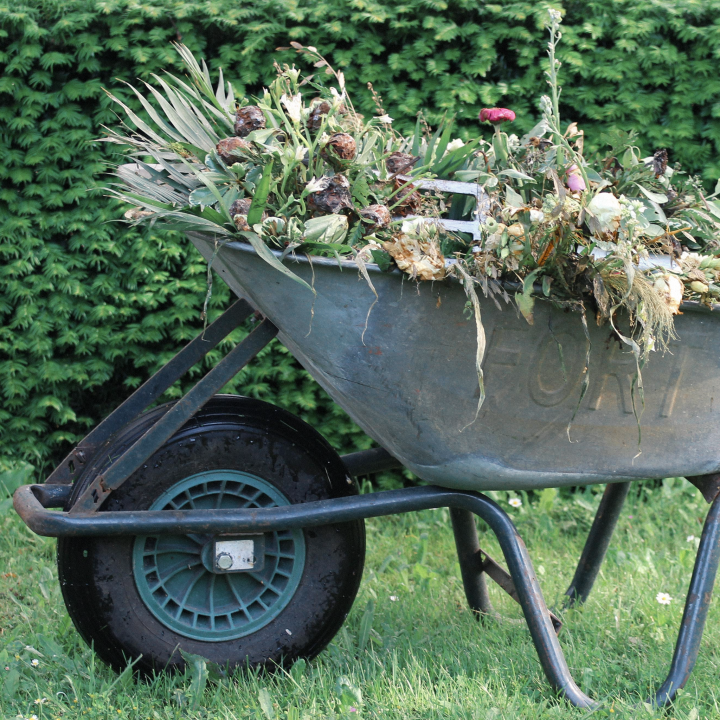 |
What you need when making your own compost
Firstly, you will need somewhere to store it, permanently - or at least for a long time. Compost can take from just 3 short months to years to break down and form the perfect garden medium. How long it takes depends on what you put in, what method you use and how you care for it. Hot composter bins will break down the material into compost much quicker than material piled up in bays outside. When you have created space, think about what you will store your compost in. From large bins, hot compost bins to simply constructed wooden pallet bays there are many options. Think about your space and what fits and suits it.
What to know before
A good compost heap consists of a 50/50 nitrogen and carbon mixed materials mix. Nitrogen will come from green materials such as grass clippings, annual weeds, and tea bags, and carbon from brown materials such as cardboard, straw and woody stems. So every time you add some green materials, try adding the same amount of brown materials. Scrunching up paper, cardboard toilet roll tubes and egg boxes to help aerate the compost. If you have too much nitrogen, you will end up with a soggy pile, or too much carbon means it will take a very long time to break down.
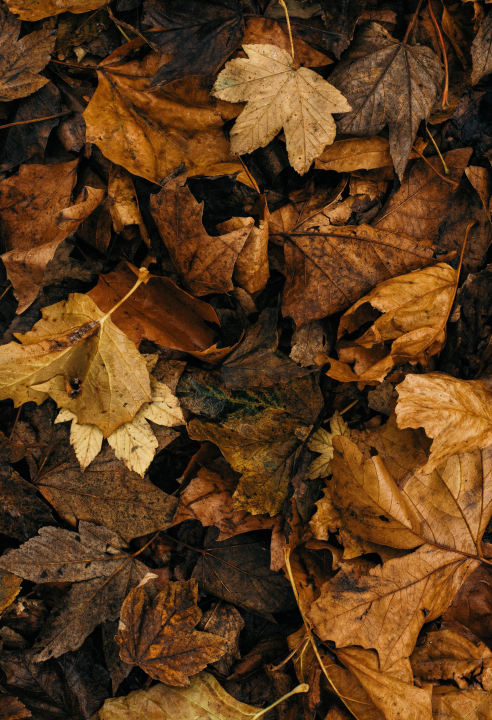 |
Take good care of it!
Making your own compost means taking care of it as well! Turning your compost pile every now and again will also help to aerate the pile, meaning it will break down quicker. Using a garden fork start from the outside and turn them into the inside. It can be helpful to cover over your bin so it doesn’t get drenched in rain.
Consider it's uses
Think about how you will use your homemade compost. When it is dark and crumbly, you’ll be able to mulch your plants and pots, improve your soil, and grow healthy plants. Visit us in-store for all of your composting needs.
 |

